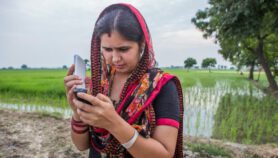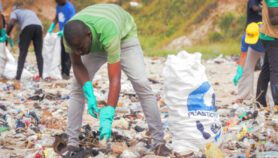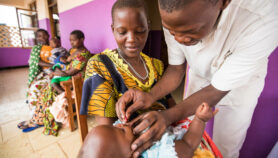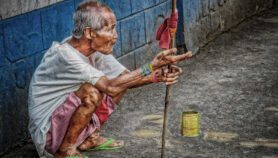30/09/19
UN seeks to plug data gap in developing countries
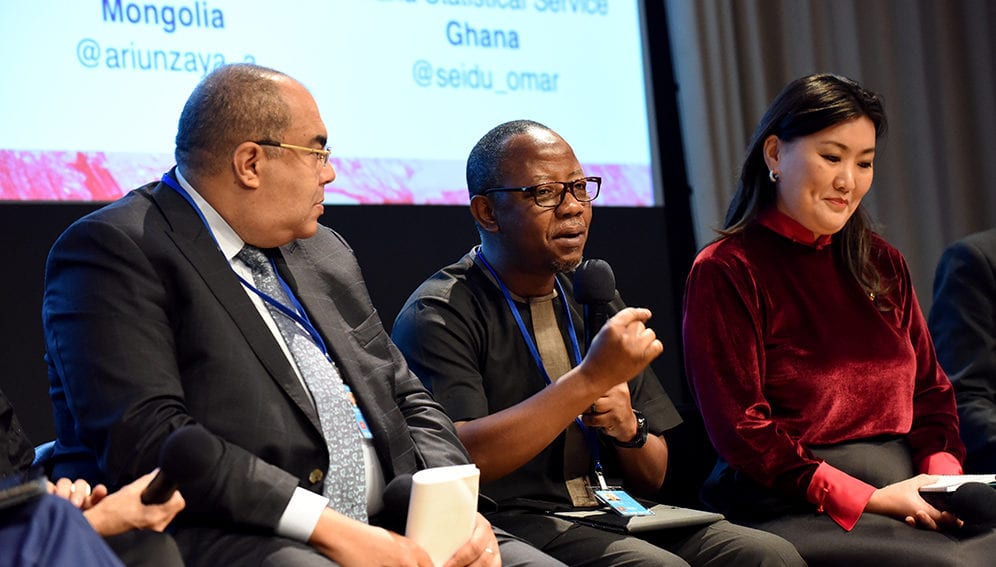
By: Anita Makri
Send to a friend
The details you provide on this page will not be used to send unsolicited email, and will not be sold to a 3rd party. See privacy policy.
[NEW YORK] An initiative aspiring to plug gaps in data to meet the Sustainable Development Goals (SDGs) has been launched by the UN’s deputy secretary-general, Amina Mohammed, at its General Assembly in New York.
UN chief António Guterres issued a global call last week for a “decade of action” to deliver the 2030 agenda that is currently off-track. Launching Data for Now on Wednesday (25 September), Mohammed said “we need to respond here and now with the data".
The political declaration adopted by countries at the SDGs summit during the week of high-level meetings calls for strengthening the capacity of national statistical offices (NSOs) to boost the availability, access and quality of development-related data, which is often outdated and incomplete.
“We don’t want to be navigating by looking in the rear-view mirror. We want decision-makers to use data about the world as it is now,”
Claire Melamed, executive director, Global Partnership for Sustainable Development Data
“We must make sure that data — or the lack of it — does not leave people behind,” said Mohammed, adding that disaggregated data is “absolutely necessary” to do this.
“How do we know we’re making progress on the SDGs?” asked Vera Songwe, executive secretary of the UN Economic Commission for Africa, in a speech at the event. She said the basic statistics needed to answer that question were missing and time was too short to stick with traditional methods.
New technologies offer “an unprecedented opportunity to solve this problem”, according to Data for Now, a partnership between the Global Partnership for Sustainable Development Data, the World Bank, the UN Statistics Division and the TReNDS network of data experts of the Sustainable Development Solutions Network (SDSN).
The initiative aims to bring together the UN, private sector, civil society and donors to offer countries technical support. The first eight nations to join were Bangladesh, Colombia, Ghana, Mongolia, Nepal, Paraguay, Rwanda and Senegal.
Omar Seidu, who heads Ghana’s demographic statistics department, said the country has started mapping out which SDGs its census will measure. It is also exploring how to gather data from citizens or companies.
For that to happen, the first step was to overhaul laws that dated from 1985, giving the NSO power to manage data across government departments and look for new sources, explained Seidu, adding: “The law is the most important instrument for us.”
Updating the law is also a priority in Paraguay, where statistics regulations date from 1942, according to Iván Mauricio Ojeda, the country’s director general of statistics, surveys and censuses.
Ariunzaya Ayush, who chairs Mongolia’s National Statistics Office, backed the call for using data sources other than NSOs, as long as they meet high-quality standards.
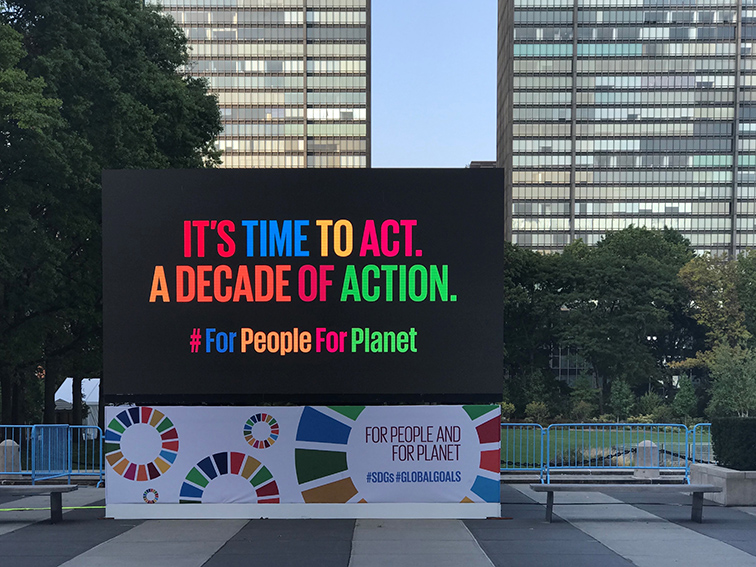
The 17 SDGs come with an agreed framework of 232 indicators that countries will need to measure. “I don't believe national statistical systems can do this on their own,” Steve MacFeely told SciDev.Net. MacFeely is head of statistics and information at the UN Conference on Trade and Development (UNCTAD), which is responsible for reporting on some of those indicators and is unconnected to Data for Now.
The use of innovative methods is a strength of this new initiative, according to MacFeely. “But I think the focus on technological solutions is maybe the wrong focus,” he said. “There's lots of excitement about big data and so forth, but harnessing administrative data will be the big win for many developing countries.”
Claire Melamed, executive director at the Global Partnership for Sustainable Development Data, said: “We don’t want to be navigating by looking in the rear-view mirror. We want decision-makers to use data about the world as it is now.
One of the examples highlighted by Data for Now is a partnership between telecommunications company Vodafone and the statistical service in Ghana to help prevent the spread of epidemics using aggregate, anonymised mobile data to track people’s movement in real time.
Vodafone said the programme would allow government departments to allocate resources more efficiently and identify the areas at increased risk of new disease outbreaks.Mohammed described how better data can help on the ground by recounting her experience on joining Nigeria’s environment ministry. Few colleagues in government could see how environmental challenges linked up with poverty, conflict and other development issues, she said, adding: “We needed the data to do that.”
Citing a conflict between communities and mining companies in eastern Ghana, Seidu highlighted how better knowledge can give people power to mobilise against environmentally harmful industrial operations. “That is the kind of data we want to have,” he said.







